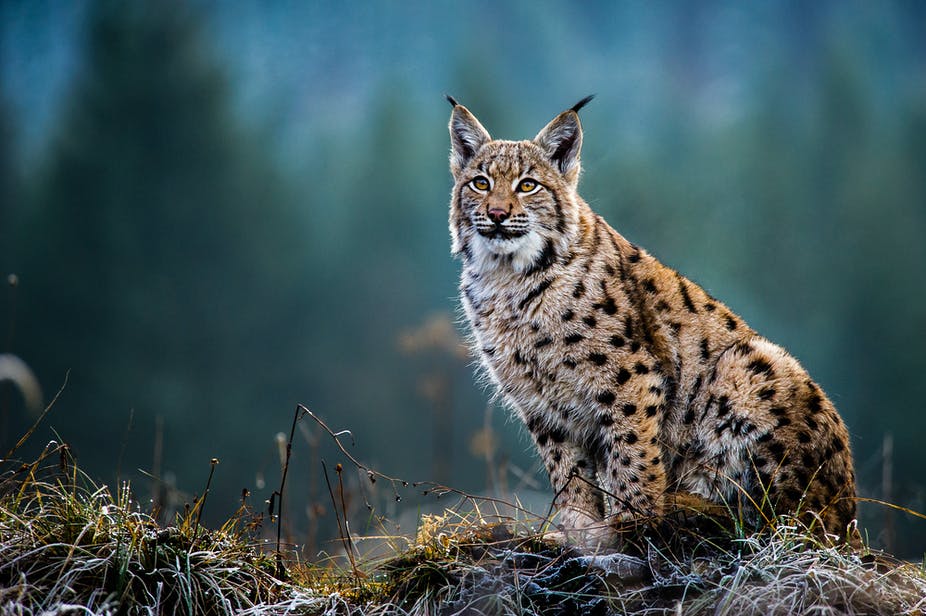As in the USA, some of the UK newspapers have an illogical hatred of electric cars. Perhaps chief amongst them, in the UK, is the Daily Mail. Now, I’m unsure what it’s problem is, but this article is littered with errors.
Continue reading “The Daily Mail is claiming blue hydrogen is better fuel for cars: let’s see if it is (hint of course not)”The Chinese alligator – critically endangered in the wild yet with tens of thousands captive members
These animals were covered during the BBC wild China series a few years ago, and as such a relatively poorly known but highly important animal which plays an important part of the ecosystem in this part of China has likely been saved – though there is still much work to do.

As with an awful lot of other wildlife found within the borders of China, the Chinese alligator is severely endangered. In the wild it’s population numbers around 150, at this population is highly fragmented and no habitat has a significant number of these animals.
Continue reading “The Chinese alligator – critically endangered in the wild yet with tens of thousands captive members”In a conversation on CNN Bill Gates states by 2050 climate change will kill as many people as Covid has and by 2100 5 times as many
A second attempt to introduce lynx into Northumberland is being proposed
The UK has been predator free (at least large predators that can threaten humans and have to regularly kill to survive) for roughly 300 years. Wolves disappeared around 300 years ago, bears are thought to have gone extinct around 1,000 years ago and lynx are thought that have gone extinct about 1,300 years ago.

Plans for first deep coal mine in 20 years, the Cumbrian government is now having to reconsider permission for a deep coal mine
At a time when many people are discussing whether we can even afford to continue to extract the fossil fuels we have already started to extract, and when the government is talking about leading the world in cutting fossil fuel use, the local Cumbrian government has given permission for the first deep coal mine in 30 years.
This decision by the Cumbrian local government has been remade on three occasions. The government of the UK in Westminster has claimed this is a local matter and that they have no right to get involved. Obviously this is patently absurd – what’s more if we are to have any chance of meeting our emission reduction promises the government must immediately abandon its foolish position, and make it clear that it is not going to happen.
Clearly despite the promises made about reducing carbon emissions, and the progress made in places such as virtually the end of coal burning for power, are not baked in successes and we must make sure to keep the pressure on the government to keep going and indeed ratchet up the speed of which we deal with a problems.
Pablo Escobar’s zoo’s hippo population has grown from about 30 to between 65 and 80 – what might happen in the future?
Pablo Escobar was a drug kingpin in Columbia. Extraordinarily successful he had the money for some pretty impressive personal items including a zoo. Rather alarmingly, when Pablo Escobar’s rein over his crime and drug empire ended, his zoo was not looked after. A variety of things happened to the animals, but the hippos were largely left in the wild to their own devices.
The problem is that with vast amounts of food and no natural predators in numbers have multiplied rapidly and is currently thought to fall between 65 and 80.
Continue reading “Pablo Escobar’s zoo’s hippo population has grown from about 30 to between 65 and 80 – what might happen in the future?”Bio-fuels are necessary if humans are to stop burning fossil fuels so what’s wrong?
Battery power is great for cars and taxis. Recently Tesla has shown you can make a viable electric lorry – claims the range isn’t far enough are absurd. Name one country when a lorry driver is allowed to drive for more than 4 hours without break – modern chargers can give you 4 hours of range in 15 to 30 minutes (a Tesla 3 or Y can have 180 miles in 15 minutes).
However, there are areas where fuels will be used, like rocketry. Now it is true that no one has yet made a rocket fly on biofuels, but that’s a different problem.
Continue reading “Bio-fuels are necessary if humans are to stop burning fossil fuels so what’s wrong?”Even more beavers to be released across Europe
The recovery of the European beaver seems to be accelerating, with many planned reintroductions across many counties within the UK.

Anti vaxxers are not limited to the developed world
The current president of Tanzania is starting that the country has eradicated Covid-19 and is dismissing the need for vaccines.. Why am I writing about this in a wildlife blog? The way that governments react to science is a good indication of the way that they will react to the natural world within their borders.
Continue reading “Anti vaxxers are not limited to the developed world”Can bio-fuels help humanity save the planet from run away global warming? yes but…
Battery power is great for cars and taxis. Recently Tesla has shown you can make a viable lorry- claims the range isn’t far enough are absurd. Name one country when a lorry driver is allowed to drive for more than 4 hours without break- modern chargers can give you 4 hours of range in 15 to 30 minutes (a Tesla 3 or y can have 180 miles in 15 minutes).
Continue reading “Can bio-fuels help humanity save the planet from run away global warming? yes but…”










